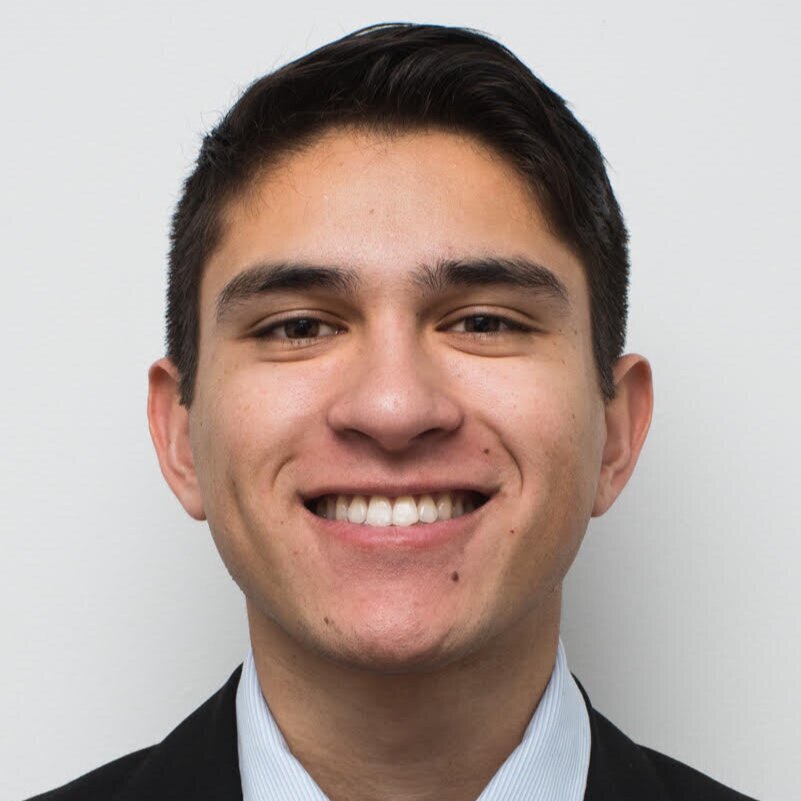Current Fellows
Julia Hooker, PHD - Year 2
Dr. Julia Hooker is a postdoctoral fellow at Massachusetts General Hospital/CHOIR and a T32 research fellow at Harvard Medical School. She completed her PhD in Clinical Psychology at Syracuse University, and her pre-doctoral internship in the Lifespan Health track within CHOIR at HMS/MGH. Julia's work within CHOIR is focused on testing and delivering mind-body interventions for chronic musculoskeletal pain. Additionally, Julia’s research centers on managing pain and preventing the development of chronic pain among individuals recovering from acute injuries, and implementing technology-assisted interventions in this population. At CHOIR, Julia serves as a clinician for Dr. Vranceanu's Toolkit for Optimal Recovery (TOR) study, a virtual mind-body intervention to prevent persistent pain and disability following acute orthopedic injury, as well as the THRIVE study promoting activity and mind-body skills use among sedentary individuals with chronic pain. In addition to her research and clinical interests, Julia enjoys spending time outdoors, hiking, traveling, playing mandolin, watching movies, and completing crossword puzzles.
Christopher Magoon, MD - Year 1
Dr. Magoon is a psychiatrist at Massachusetts General Hospital and a T32 research fellow at Harvard Medical School. After receiving an undergraduate degree in History from Yale University, Dr. Magoon worked in China as a Luce and Fulbright Scholar, focusing on rural education, public health, and journalism. He received his Medical Degree from the University of Pennsylvania Perelman School of Medicine before completing psychiatry residency at Columbia University Medical Center, where he also served as chief resident.
His research focuses on the prevention, diagnosis, and treatment of Prolonged Grief Disorder, as well as the intersection of grief and other medical and psychiatric comorbidities. At Massachusetts General Hospital, Dr. Magoon also works as a staff psychiatrist at the Center for Anxiety, Trauma, and Grief Disorders, as well as in the psychiatric emergency department.
His writing for the popular press has appeared in The Atlantic, NPR, Scientific American, Huffington Post, and Foreign Policy, among others. His peer-reviewed work has been published in Academic Psychiatry, The Journal of General Internal Medicine, Palliative and Supportive Care, and CMAJ, among others.
When not engaged in work or family life, Dr. Magoon enjoys triathlon training, cooking, and following professional baseball and cycling.
Miranda Adelmann, MD - Year 1
Miranda is a palliative care physician and a fellow in the interdisciplinary Bridge-the-Gap T32 Research Fellowship through the MGH CHOIR/Center for Aging and Serious Illness. She completed medical school at Harvard followed by a combined residency in Internal Medicine and Pediatrics at the MGH, and recently graduated from the Harvard Interprofessional Palliative Care Fellowship. As an internist and pediatrician, she is interested in palliative care for people who carry serious illness diagnoses from childhood into adulthood, and how this impacts their experience of suffering. She plans to focus her research on palliative care interventions for people with sickle cell disease, with a particular focus on pain communication across the lifespan.
Miranda was born in Alaska and grew up in Palm Springs, CA, and now lives with her husband Hank in East Cambridge. She enjoys hosting themed parties, eating outside with friends (a seasonal hobby in Boston), growing tomatoes on the porch, and trying new recipes.
Michael Williams, PhD - Year 1
Michael is a postdoctoral fellow at Massachusetts General Hospital/CHOIR and a T32 research fellow at Harvard Medical School. He completed his PhD in Population Health at Northeastern University. Broadly, his research unpacks how the intersection of neighborhood, social, and digital spaces affect mental, behavioral, and sexual health, digital health intervention efficacy, and access to health services. Funded by an F31 training fellowship through the National Institute of Child Health and Human Development his dissertation work examined how neighborhood, social, and digital spaces influence HIV vulnerability and the effectiveness of a digital pre-exposure prophylaxis adherence intervention among sexual and gender minority adolescents. Utilizing his multidisciplinary background in epidemiology, biostatistics, game design, human-computer interaction, and philosophy of science, he aims to design and robustly evaluate digital health interventions to improve mental, behavioral, and sexual health. In his free time, Michael enjoys cooking, video games, playing his guitar, snowboarding, going to the gym, and spending lots of quality time with his family, friends, and dog.
Alumni
Alexander Mattia Presciutti, PhD, MSCS
Alex is a clinical health psychologist and postdoctoral fellow at MGH CHOIR/ Harvard Medical School, where he also completed his predoctoral fellowship in 2023. He earned his MA in clinical psychology at Columbia University (2018), MS in clinical science at the University of Colorado Anschutz Medical Campus (2020), and PhD in clinical health psychology at the University of Colorado Denver (2023). Alex was awarded the University of Colorado Elizabeth and Rick Gardner Predoctoral Fellowship in 2018 and an NIH/NCATS TL1 predoctoral fellowship in 2019 to support his pioneering research in cardiac arrest survivorship.
Alex is dedicated to improving quality of life and emotional well-being in critically ill patients and their caregivers through research, clinical work, and service. His work in cardiac arrest survivorship specifically has informed national and international guideline statements on post-arrest care. Through his K23 he will develop a novel dyadic, mind-body intervention for survivors and their caregivers. In January 2023 Alex co-launched the largest online support community for cardiac arrest survivors, loved ones, and advocates (the Cardiac Arrest Survivor Alliance).
At CHOIR, Alex is a clinician on Dr. Vranceanu’s Recovering Together study, building resilience and improving emotional distress in neurocritical care patients and their caregivers. In addition to his research and clinical interests, Alex enjoys reading non-fiction, hiking, playing soccer, and traveling.






